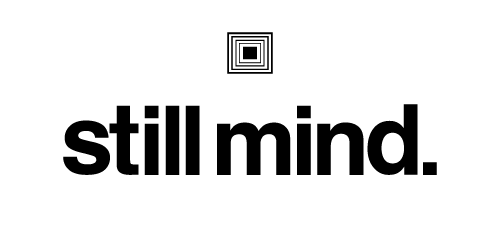It’s no new news. I’ve known for years now the benefits that come from drinking less. Boosts to my overall productivity and mood are a given. And yet still I manage to relapse into old habits, especially over the holidays.
That’s why January seemed like a good time to try an alcohol-fast again. With a handful of new year’s intentions surrounding my health and wellness, taking a break from the bottle was the logical first step.
To be honest, there’s never been a time that I couldn’t make justified for a drink. As an artist it’s easy to self-medicate with my friends. We take to drinking and other substances to enhance our creativity, cope with creeping instability, and to celebrate each other’s wins.
But to be more honest, I’m also aware enough to know when my drinking habit is starting to become more than a benign indulgence. Unresolved boredom, loneliness, grief, and impatience have all been great excuses for me to numb myself with an extra glass of wine after a session or a nightcap before bed.
On the 1st of the month I vowed that this time my break from alcohol would be different. I wouldn’t make any big announcements and I wouldn’t give it a cute name like “Sober January” (until about 2 weeks later when I finally gave-in. Who can resist a catch phrase?).
This time I wanted to make the decision devoid of drama.
And crazy enough, it’s worked. Although I half-joke about how boring my life has gotten as a result, I’m willing to bear it for the benefits.
Here are 30 things I’ve learned from 30 days of not drinking.
It’s a challenge, but it can be done.
A life change like giving up booze is often the catalyst for more change.
Some friends and family members will be really supportive of your choice.
Most will be indifferent.
Others will see it as an opportune time to project their own doubts and insecurities onto you. Ignore them.
You don’t owe anyone an explanation for how you live on the day-to-day. That includes those doubting voices in your head.
You don’t have to offer someone a beer when they come over for them to like you.
You can still go out to bars, brunch (meh), and house parties to socialize with people who drink. You just have to plan the non-alcoholic beverage you’re going to order ahead of time.
Drinks for going out that lift my spirits without containing spirits:
A) High-end ginger beer like Bundaberg or Fever-Tree,
B) Bitters and soda* which has less sugar and is more impressive when you’re pitching to a bartender than ginger ale (this article explains why)
C) Kombucha* (for lunch)
D) Hot Tea (for dinner)
*Yes, both booch and bitters have trace amounts of alcohol but it’s not worth keeping score here.
You make your own rules to this thing. It’s your life.
Get ready to be hydrated. Less wine, more water.
Adding fresh lemon or lime goes a long way.
Get ready for clearer skin.
Get ready to have so much extra time, extra money, and extra thoughts. What are you going to do with it all?
I found that channeling my excess energy into things like grocery shopping and cooking is productive.
Writing exercises and journaling are another great way to channel that excess energy.
A break from drinking is a great time to pick up an old book with new eyes.
It’s easier to wake up early when you’re not hungover.
It’s easier to work out when you’re not hungover.
Hot Yoga is a great substitute for tequila.
Missing out on happy hour is not the end of the world.
Notice yourself trying to fill the void with other vices, like spending all the money you just saved. Don’t judge. Just watch.
There’s no wrong way to sip a Perrier.
You don’t have to demonize your past or hate on anyone else’s present to do something different with your future.
When you remove a numbing agent like alcohol, you end up hearing a lot more of what your body has been trying to tell you this whole time. Things like, you’re sad, you’re anxious, you’ve got insomnia, or on the flip… you are the motherf***ing sh**.
It will take time for the mental clouds to clear. That “aha!” moment is not exactly guaranteed.
But when clarity finally comes, you’ll probably see it manifested as heightened creativity. After all, you’ve gotta be creative to solve problems when alcohol isn’t there to make them go away.
Sober January may feel so good that you’ll want to try Sober February.
Everyday is a chance to recommit to yourself and celebrate a promise kept.

